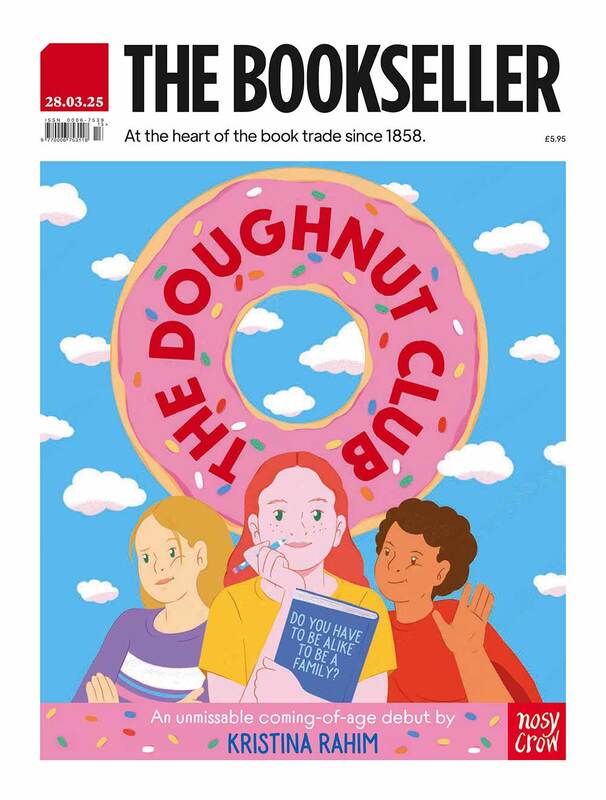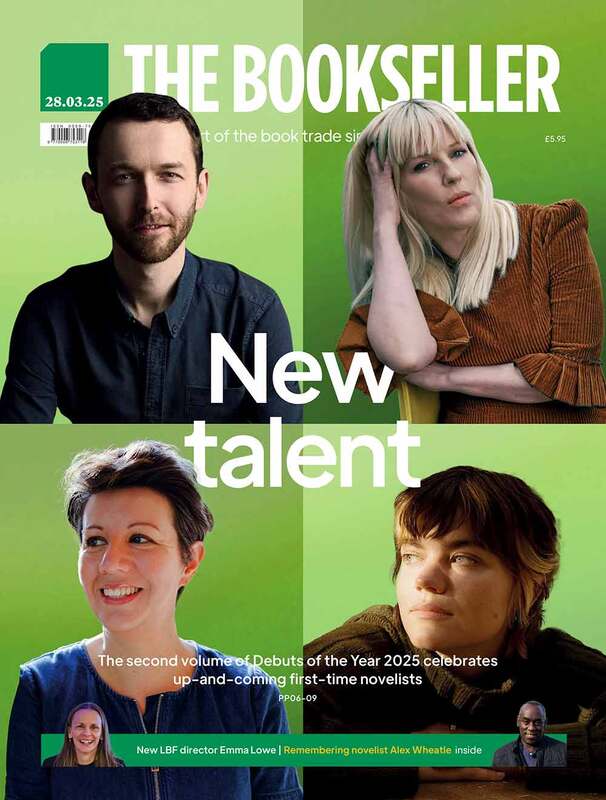You are viewing your 1 free article this month. Login to read more articles.
Shanghai International Children's Book Fair to treble in size by 2022
The China Shanghai International Children's Book Fair is expected to nearly treble in size by 2022 and expand to a five-day event, organisers say.
This year's event ran from 15th to 17th November at the Shanghai International Expo Centre, offering a mix of public and professional areas that gradually merge as the weekend progresses.
The fair currently occupies around a third of the huge venue, but Zeng Yuan, deputy director of printing and distribution at organisers Shanghai Press and Publication Administration, said he wanted to takeover the whole thing in future years.
He said: “This year is the seventh year of the book fair. We think in three years we will work to get the whole venue.”
Yuan said: “This event is held for three days but we think in the future we can make it a five day book fair. We can have three days at the beginning for the professionals so they can have more time to negotiate business and the last two days, we would leave them for the public. It's a huge challenge for the organisation committee but we are open to take that challenge.
“We can't achieve these two goals without more participation from around the world, from other countries and the public. The government is more than happy to build a platform to extend communication between international and Chinese exhibitors.”
Organisers say they want to add more elements to the fair, to include aspects of the “reading lifestyle”, including another existing exhibition called Shanghai Kids Expo which would be brought under the same roof.
Yuan added : “I want to see more international selling platforms and organisations involved in the book fair. I'm really happy to see the UK government has mobilised a large resource and a lot of British publishers. But also I wish I could see more from the States, from Italy, Spain and from Japan and South Korea and other countries in the region.”
Meanwhile, Xu Jiong, director general of Shanghai Press and Publication Administration, defended China's stance on issuing ISBNs, which has seen a tightening of restrictions in recent times.
He said: “It's not to curb the growth of the industry but to force the publishers to have a clearer sense of direction, of who they are, why they actually started publishing children's books because we've seen almost 250,000 new titles every year in China and some of them have really bad editing qualities and printing qualities and also we've seen re-editions at the same time of the very same international titles. So there are big problems in the Chinese children's book publishing industry. A lot of publishers want to make quick money so the licensing of ISBNs is for that problem, not to curb the growth.”
Jiong, who insisted the trade war with the US was “not an issue” for the industry, added: “We're trying our best to make the application process for the ISBN quicker and more effective, especially for those books that can fill the gap in the Chinese market and that can add cultural diversity, we will do our best to make sure they get the licence as quickly as possible. We've seen a lot of complaints about our licence control of course but the thing is we need to see who are complaining and why they complain.”













